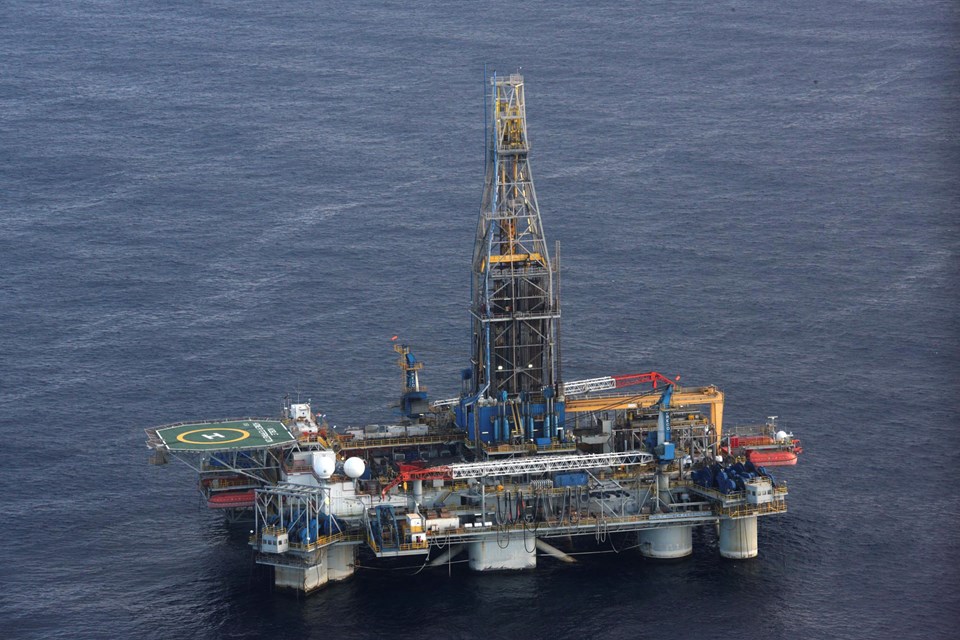“A conversation with Zeynep Oğuz, a cultural anthropologist, about her work on oil in Turkey and the Eastern Mediterranean, and COVID-19 from the perspective of environmental humanities. We talked about how nature, politics, and the economy are entangled in the multi-layered material of oil. Zeynep’s work delves into the topics of oil in Turkey and the Kurdish Question simultaneously, bringing a fresh perspective to each question. We also talked about why the responses to COVID-19 around “containment” or “disconnection”, with narratives of “virus as enemy” and similar militarized responses, are actually legitimizing the very cause of this disease, namely, the geopolitics of global capitalism. Finally, we talked about how to think about oil in the Eastern Mediterranean within a framework that prioritizes the demands of local actors and is informed by the principles of the internationalist and planetary Left politics.”
“Zeynep Oğuz is Postdoctoral Fellow in Environmental Humanities with a joint appointment in the Department of Anthropology at Northwestern University. She received her PhD in cultural anthropology from the Graduate Center, the City University of New York in 2019 with her dissertation “Sedimenting Territory: A Political Geology of Oil, Earth, and Spatial Politics in Turkey.” Located at the intersection of environmental anthropology, geography, and Science and Technology Studies (STS), her current book project examines how oil, petroleum geology, and energy infrastructures have mediated the relations between earthly and sociopolitical formations in Turkey. By analyzing the making and unmaking of territorial imaginaries and formations, especially in relation to Turkey’s Kurdish-populated southeast, Zeynep’s work offers an alternative genealogy of the Kurdish Question from the perspective of petroleum, environment, and Earth politics.”
Share the post « Keyman Podcast: “COVID-19 and Oil in the Eastern Mediterranean, An Environmental Humanities Perspective” »

